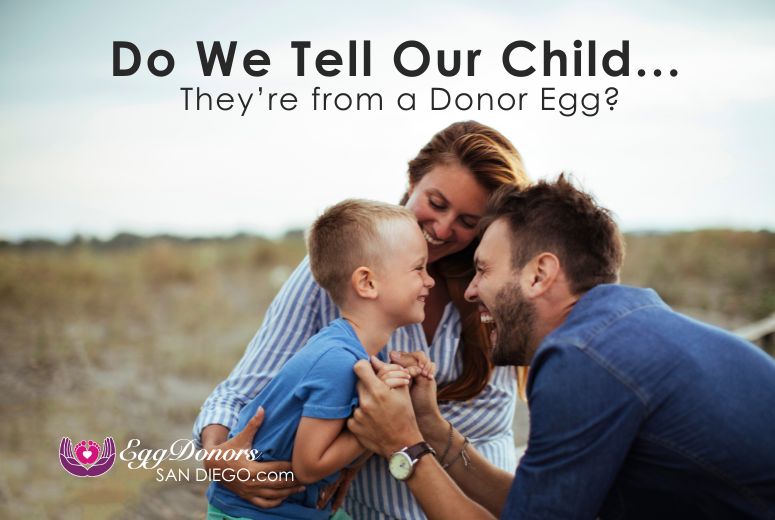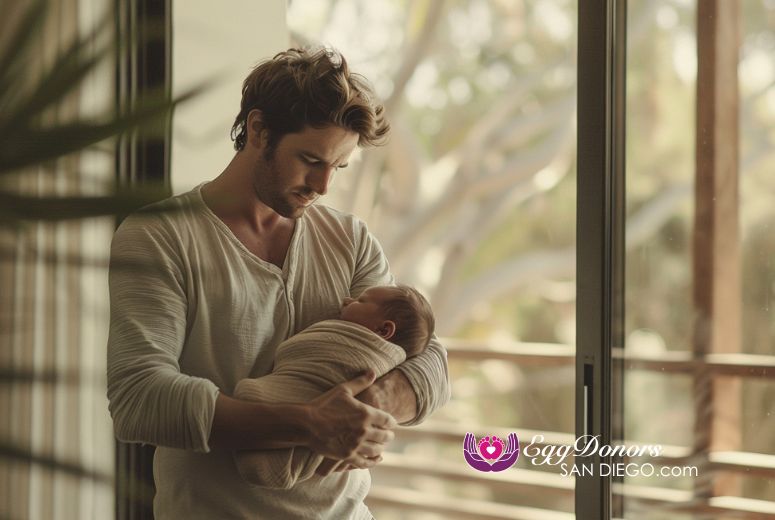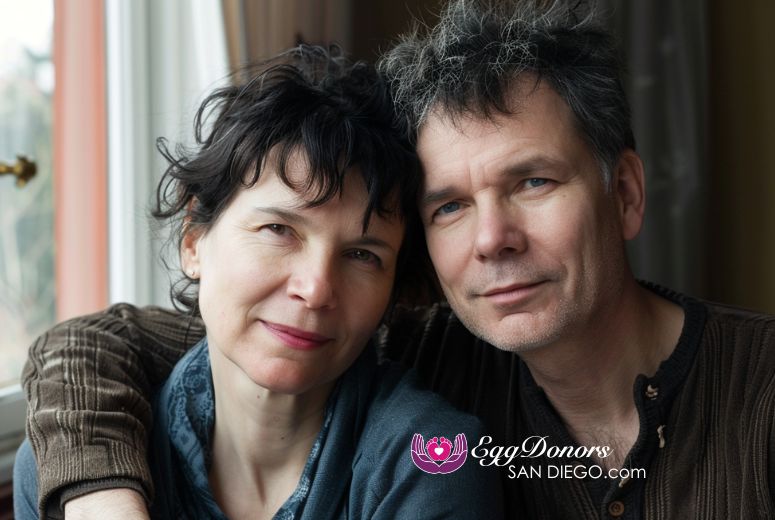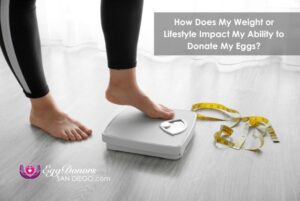For many parents who are considering building their family through donor egg conception, one of the most delicate questions arises before treatment begins: Should we tell our child they were conceived with a donor egg?
It’s a question rooted in love, but also layered with emotions — balancing your child’s right to know their origins with your desire to protect them from potential confusion or hurt.
“Every family’s journey is unique. While there’s no single answer for everyone, transparency often fosters trust and helps children form a strong sense of self,” says Dr. Minoos Hosseinzadeh, Founder and Medical Director of the Fertility Institute of San Diego and Egg Donors San Diego.
Understanding Donor Egg Conception
Donor egg conception occurs when eggs from a donor — either anonymous or known — are fertilized with sperm (from a partner or donor) and the resulting embryo is transferred to the intended mother’s or a gestational carrier’s uterus. This option is often chosen by individuals or couples experiencing:
Diminished ovarian reserve
Premature ovarian failure
Genetic conditions they wish to avoid passing on
Repeated failed IVF cycles with their own eggs
Same-sex male couples using a gestational carrier
Through modern fertility treatment with donor egg, families are created in ways once thought impossible.
Why the Disclosure Question Matters
Parents often grapple with whether telling their child about donor egg conception will cause confusion or gratitude. Some fear it may affect the bond between parent and child, while others see disclosure as essential for honesty and identity development.
Research suggests that donor-conceived individuals who understand the story about their conception their entire life are able to process the information more smoothly, particularly when told in a loving and positive manner.
Who Benefits from Early Disclosure?
- The child – Gains an accurate sense of personal identity and medical history.
- The parents – Avoids the stress of keeping a lifelong secret.
- Extended family – Helps ensure consistent narratives and reduces the risk of accidental disclosure later.
When to Tell Your Child
Many psychologists and reproductive counselors recommend starting the conversation early—sharing the child’s story from the very beginning. Reading books about “their story” even before the child fully understands the meaning can help lay a strong foundation. There are many books available that explain these stories in age-appropriate ways. Some can even be personalized with the names of the parents and child. Many parents also choose to create their own books, using pictures and personal details to tell the story in a way that feels meaningful. Since children are naturally curious about where babies come from, introducing this information early allows them to gradually understand and integrate it as they grow.
“Introducing the concept early allows the child to grow up always knowing, rather than experiencing a major revelation later,” explains Dr. Hosseinzadeh.
How to Talk to Your Child About Donor Egg Conception
- Start simple – Use age-appropriate language: “A kind woman donated an egg to help us have you.”
- Build over time – Add details as your child matures.
- Stay positive – Emphasize the love, effort, and joy behind their conception.
- Answer honestly – If you don’t know an answer, acknowledge it and explore together.
- Use books or visuals – Children’s books about donor conception can make the conversation engaging.
Emotional Aspects of Donor Egg Disclosure
Parents may feel grief over the genetic connection they don’t share with their child, while children may experience curiosity or questions about the donor. Healthy, open communication helps address these emotions without secrecy or shame.
Risks of Not Disclosing
- Accidental discovery through medical testing or family discussions
- Potential feelings of betrayal or mistrust by the donor-conceived child
- Loss of control over how and when the information is revealed
Benefits of Open Communication
- Builds trust between parent and child
- Allows the child to embrace their story without stigma
- Encourages ongoing dialogue about identity and origins
Tips for Donor Egg Parents Navigating Disclosure
- Plan the conversation through picking books and creating a unique story for the child
- Normalize the donor egg story within your household, so it becomes part of your family’s narrative.
- Seek professional guidance if you’re unsure about timing or language.
Open vs. Anonymous Donor Egg Considerations
Some families choose open donation, where identifying information can be shared once the child reaches a certain age. Others prefer anonymous donation, which can limit access to the donor’s identity but still provide medical and genetic history. This decision can influence how disclosure is framed.
Parenting After Egg Donation
Raising a donor-conceived child is no different in day-to-day love and care, but it does include the added layer of helping your child understand their beginnings. For some families, this becomes a point of pride — a testament to resilience, science, and generosity.
FAQs
Most experts recommend openness to foster trust and identity security.
Very early childhood is often ideal, so the child grows up always knowing.
Work with a fertility counselor to anticipate questions and create a comfortable dialogue.
Love, consistency, and care matter most. Disclosure often strengthens trust.
If you’re ready to start your donor egg journey or want guidance on parenting after egg donation, schedule a complimentary virtual consultation with Dr. Hosseinzadeh to discuss your unique path to family building. Review our egg donor database.









